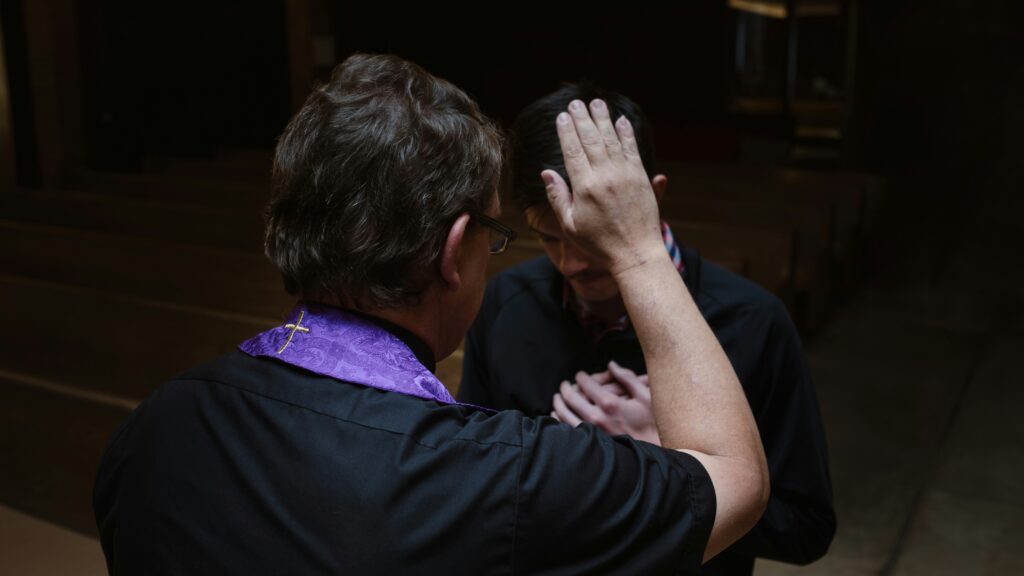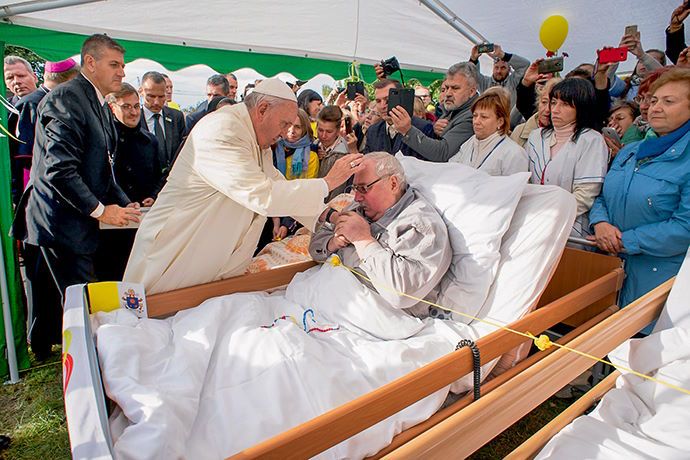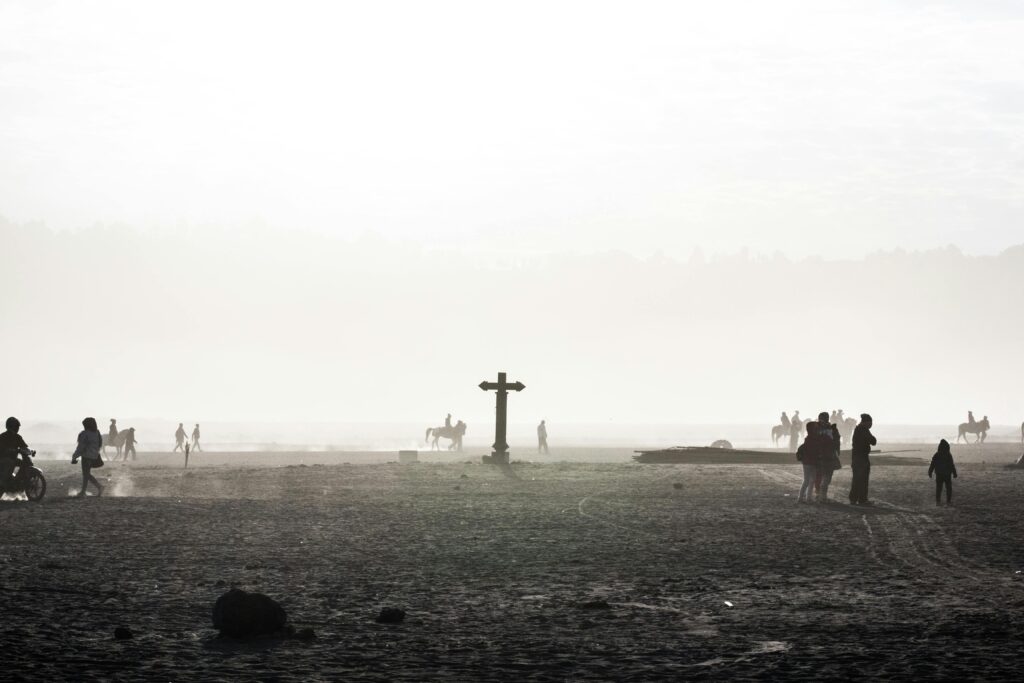Pope Francis and Confession
The Pope constantly insists on mercy, on the sacrament of mercy and on being merciful confessors

Jorge Mario Bergoglio became Pope in 2013. He is the Pope of mercy. His is the pontificate of mercy. He has said: “Mercy is the message I have to give as bishop of Rome.” The main key to understanding the teachings and the attitudes and gestures of this Pope, who is in line with previous pontiffs, is mercy; which makes him very similar to Pope John Paul II.
Lent is a privileged time of conversion. And, the Catholic, to mature, must convert and receive forgiveness. Already in 2014, at the initiative of this Pope, the first day of “24 hours with the Lord” was celebrated. The eleventh edition of this will be held on March 8 and 9. It is a Roman, Lenten, and conversion initiative, to pray and confess, to which many dioceses around the world have joined.
When Pope Francis’ book “The Face of God is Mercy” was published, an important Vaticanist saw this work as a synthesis of his pontificate.
From his time as Pope, the Year of Mercy, 2015-2016, stands out, with such an impact throughout the world. It is very significant that, for this year, one of the Pope’s two main objectives was for all Catholics to confess. In 2016, he created the Missionaries of Mercy, to whom he commissioned us to be merciful confessors and preach mercy. His idea was to see each other every two years. But, given the period of CoVid 19, with the Pope, we have only had the world congresses of 2016, 2018, and 2022. Also, for 2025, he awaits us, in Rome. He told us: “I have entrusted to you the ministry that concerns me most: to be an instrument of God’s mercy” (2022).
Pope Francis’ legacy on mercy is very important. Thus, according to Cardinal Ruini, there are two great pontifical documents on mercy: the encyclical “Dives in Misericordia” (1980), God Rich in Mercy, by John Paul II, and the bull of Pope Francis, convoking the year of mercy, “Misericordiae Vultus” (2015), The face of mercy.
Many times we have seen the Pope doing works of mercy, confessing, confessing, etc. That’s his style. He likes to refer to the sacrament of forgiveness as the sacrament of mercy. He constantly speaks of mercy, “Misericordia et misera”, works of mercy, sacrament of mercy, confessing and confessing, merciful confessors. As Pedro Jaramillo has said, in his book on the message of Pope Francis: “Francis (…) does not waste the opportunity to pass on to priests the personal experience of forgiveness and the announcement of mercy.”
In short, the Pope, in the world of globalization of indifference, constantly insists on mercy, on the importance of the sacrament of mercy and on being merciful confessors. The message from the Pope and the Vatican that we missionaries of mercy have received in recent years can be summarized mainly in three words: confession, confession and confession. This is the Pope! Long live the Pope!
 (EN)
(EN)
 (ES)
(ES)
 (IT)
(IT)





